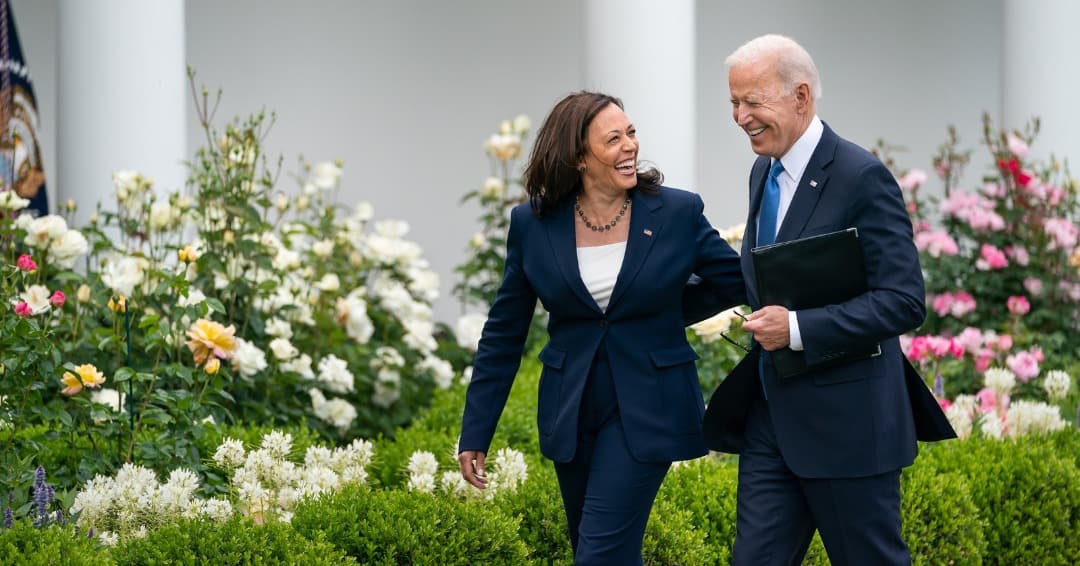


By Anna K. Miller and Niklas Kleinworth
Early education advocates want you to believe that the case for universal preschool is so concrete that questioning its track record is an act of heresy. After all, who wouldn’t want to help adorable little kids get an early start on success? But the data show universal preschool will have deleterious effects on children because it attempts to use government intervention to provide what only families can offer.
Controversy rang out on this issue in March during the Idaho legislative session as representatives considered whether to accept $6 million in federal grants for pre-K education. The bill would have forged a partnership between the Idaho Department of Education and the Idaho Association for the Education of Young Children (IDAEYC). The controversy? The IDAEYC, accredited through the National Association for the Education of Young Children, could utilize the grant to lead Idaho into establishing a statewide pre-K system that trains children in woke ideology. The bill failed by a narrow margin of just two votes, but this isn’t the last of the federal government’s efforts to control pre-K education in the Gem State.
The latest example of this federal intervention is the Biden Administration’s new “American Families Plan” that would drastically expand the role of the federal government in education and family life. In addition to subsidized childcare, paid family leave, and “free” community college for all, the $1.8 trillion plan would dump $200 billion into universal preschool for 3- and 4-year-olds.
When asked how they will pay for all of this, the administration provides the standard answer: ”We’ll tax the rich.” But it’s already anticipated that Idahoans will foot the bill.
Biden believes it's necessary to expand the government monopoly on children’s education by adding two additional years of preschool. At his state of the union address given in April, he said, “Twelve years is no longer enough today to compete with the rest of the world in the 21st century.“When this nation made 12 years of public education universal in the last century. It made us the best-educated, best-prepared nation in the world.”
This claim is patently false. According to the results of the most recent International PISA exam, which assess the academic performance of 79 countries’ 15-year-olds, 30 countries outperformed the US in math. Reading scores have remained stagnant for years. These lackluster results continue even as state and federal governments invest more tax dollars in education than other higher performing countries.
Public preschool for younger children is irresponsible given the failure of the public school system to educate children currently enrolled.
Federal preschool programs have been tried before and failed. A U.S. Department of Health and Human Services study found that the Head Start Program, which served low-income children, had little to no impact on the cognitive and health outcomes of children.
The first randomized control trial of a state pre-kindergarten program in Tennessee found that early gains at the end of pre-K were quickly transformed into worse academic performance, more discipline problems, and higher special education placements than children who hadn’t participated.
Additionally, the long-term benefits of pre-K are negligible in most middle- and upper-income children.
A handful of studies that have established a relationship between preschool and positive childhood outcomes relied on a specious correlation. The real cause of childhood success was parenting, not preschool. And far more concerning than the high costs and poor results of a universal pre-K program is the weakening of families through the expansion of the welfare state.
Subsidized government preschool will undoubtedly raise the cost of stay-at-home parenting. Parents who choose not to send their children to government preschool or to have children at all will be forced to subsidize the burden for others. Universal preschool therefore raises the cost of stay-at-home parenting and imposes a higher financial burden on those who choose not to have children. As the cost of stay-at-home parenting rises, businesses will likely see an influx of parents joining the workforce — not because they prefer to work but out of a newfound necessity forced upon them by government regulation.
One American Compass survey found that 53% of married mothers prefer to have one full-time earner and one stay-at-home parent while raising children under the age of five. Universal preschool, however, will hamper the choices of parents, particularly mothers, who would prefer to be home with their children. And make no mistake — young children need their mothers. As psychologist Erica Komisar explains, “Our denial of the very specific and special physical and emotional role of a mother to her child, particularly in our attempt to be modern, is not in the best interest of children and their needs.” Komisar goes on to ascribe the devaluing of stay-at-home mothers to the declining mental and emotional health of children.
An expansion of the education monopoly will drive up costs for early childhood education, too. The government preschool programs will be required to pay their teachers a $15 minimum wage, conform to government standards, and use a state-approved curriculum. This expansion will hamper the marketplace for early childhood programs and reduce parental choice. Although many parents’ standards for high quality education differ from government standards, they will find alternative education options become limited and worse as the government assumes more control over the education sector.
Universal preschool will drive up costs of early education, restrict parental choice, and harm childhood development. Advocates may want to distance themselves from these inconvenient facts, but the government will never be able to provide what only families can offer to children.


